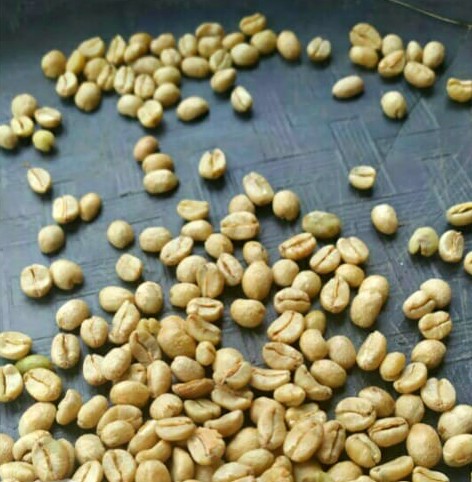Coffee
Knowledge of Coffee And Ability About
Have you ever drink coffee that tastes of acid?
Why does coffee taste sour? Coffee should taste bitter?
There are 3 types of coffee that are well-known by the people, but 80% of coffee circulating is coffee with the type of ROBUSTA. This coffee has a special taste that is bitter
But actually not all coffee tastes bitter, there are types of coffee that have acid flavor, namely coffee with the type of arabica coffee, this coffee will have a stronger sour taste vanila planted on land with altitudes above 1000 asl, the higher ASL will create a stronger acidity.
Other types of coffee that are also known but rarely available in the market are Liberica coffee, this type of coffee has a Bitter taste like Robusta but the difference is Liberica coffee has a distinctive flavor of fruit flavors such as jackfruit, durian, banana, chocolate, strawberry, but the most often is the aroma of flavors of fruit such as the aroma of jackfruit, durian, banana, chocolate, strawberry, but the most often is the aroma jackfruit, so often liberica coffee is also called jackfruit coffee.

Chlorogenic Acid
One of the acids contained in coffee is chlorogenic acid which can also be an antioxidant in coffee. This acid breaks during the roasting process. And renowned coffee expert James Hoffman once wrote in his book “The longer and darker the roasted coffee beans, the lower the acidity level”. That is why light roasted coffee will contain more obvious acidity (clear). Coffee that is roasted too dark will lose antioxidants and can also damage the “flavor notes” (notes) inherent in the characteristics of coffee beans.
Quinic Acid
Apart from chlorogenic acid, in coffee there is also quinic acid which plays an important role in coffee. Chlorogenic acid is reduced and even lost in the roasting process, so quinic acid appears mysteriously. This acid will later influence the taste in drinks. Quinic acid is the acid most responsible for the taste in the coffee we enjoy
Quinic Acid (Quinine Acid)
This compound gives a slightly sour taste. Coffee also contains Niacin Trigonelline which can decompose into vitamin B niacin. Therefore, 2 cups of coffee can meet the daily needs of Vitamin B. Coffee also contains Trigonelline which breaks down into pyrdin to give the sweet taste and aroma of the soil to coffee. Pyridin also prevents mutant tooth-damaging streptocollus bacteria from sticking to teeth. The benefits of coffee itself is to expedite blood flow.
The antioxidant content of coffee helps blood flow from the body to the brain and prevents clotting. Coffee also inhibits cognitive decline by consuming at least 3 cups a day. Consumption of 4 cups of coffee every day can reduce the risk of type 2 diabetes. Coffee also reduces the risk of Parkinson’s disease by consuming 2-3 glasses per day. Coffee is also useful as a generator of stamina and extra energy. The mechanism of caffeine competes with the function of adenosine in the body. Adenosine functions to make people fall asleep quickly, and caffeine slows the movement of body cells so that body cells are not easily tired and eyes are wide open.
So diverse. The benefits of coffee for our health, it is important that we begin to look at coffee as a medicine for our bodies.

